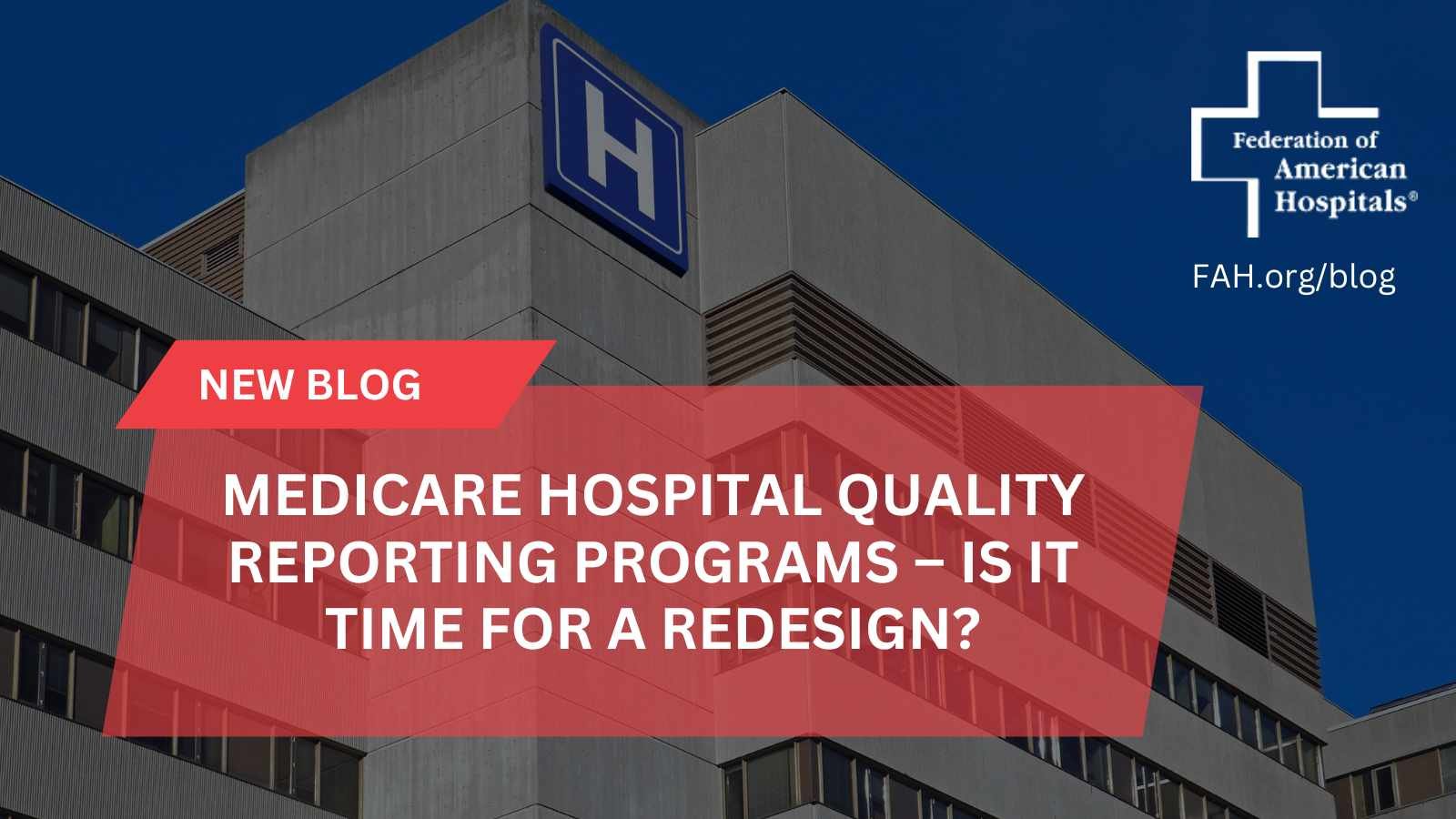
Hospital Quality Reporting (HQR) Modernization Case Study
Problem Statement
The Hospital Quality Reporting (HQR) suite of applications supports federally mandated programs that govern the quality of care across more than 14,200 healthcare facilities nationwide. These programs rely on the timely and accurate collection, calculation, and reporting of quality measures that directly influence public transparency and payment adjustments for over 5,000 facilities. However, legacy systems and fragmented user experiences hindered the effectiveness, usability, and scalability of HQR’s platforms.
CMS identified the need to transform the HQR ecosystem into a streamlined, modernized system that could better support policy implementation, data accuracy, and user accessibility. The goal was to transition from a complex and outdated infrastructure to a simplified, agile, and user-centered solution capable of supporting high-impact public health initiatives.
Innovative Solution
In 2017, Ad Hoc partnered with CMS and Bellese to initiate the transformation of the HQR system. What began as a 4-person research-focused team grew into a cross-functional delivery team of engineers, UX researchers, policy SMEs, and product managers. Through agile development and deep collaboration, I lead the team that delivered:
A user-centered design framework informed by extensive research, user interviews, focus groups, and validation testing.
A transition from waterfall development and rigid legacy infrastructure, to an agile, modular, and cloud-based implementation capable of continuous improvement and high availability.
Enhanced system functionality and user interactions on the QualityNet Secure Portal, used by over 20,000 healthcare professionals.
My team led the experience strategy for CMS’ Center for Clinical Standards and Quality (CCSQ), one of the first federal programs to embed human-centered design into its policy execution.
Impact
Human-Centered Policy Innovation: I spearheaded the first federal programs to successfully integrate human-centered design into policy implementation workflows.
Recognition: Recipient of the CMS Honors Award for Human-Centered Design.
Help Desk Efficiency: 23% reduction in CMS help desk tickets due to streamlined UX and improved system performance.
Agile Leadership: Built a nationally distributed, high-performing team of 12+ researchers, engineers, and decision-makers.
Infrastructure Modernization: Delivered a modular and cloud-native architecture that now serves as a backbone for CMS quality initiatives.
Civic Tech Leadership: Helped establish a civic engagement playbook and thought leadership strategy within CMS and beyond.